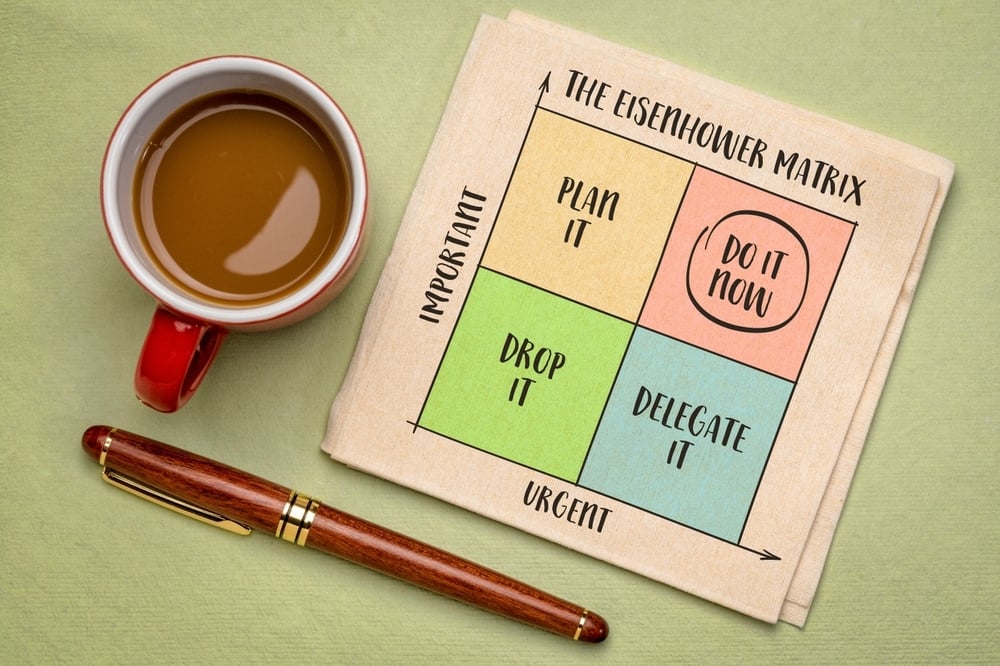
Competing out there...
by Isháun Sahni
Have you ever been in a situation where suddenly you discover you are facing stiff competition and you start to lose track. The immediate thought that comes to mind is to lower price and try to pull out the USP (unique selling point) bag. Imagine your prospect informs you they are getting a better deal elsewhere.
It may not come as a surprise that everyone does the same. We laughingly call it “dropping pants” in all hindsight companies adopt desperate measures to gain traction with new accounts and win business. They simply take the “drop the price” option in order to win business
So what really sets us apart from the competition?
Following my interviews with senior execs at Microsoft, IBM, UBS and Credit Suisse as well as directors from mid and smaller companies, I learnt that competition should be embraced as part of an eco-system where companies help each other on deals and at the same time compete with each other. This relationship is based on longer term understanding where the customers interests are placed at the centre. Sharing this method of joint venturing to the client could also be positively seen as a double edge sword as it gives the client 2 or more organisations working jointly in a team to create a far superior deliverable then every created before.
I spent further time meeting and probing a variety of sectors, talking to CEO’s and MD’s of software co’s, positively distributive companies, consultancies, catering and social media businesses etc. They all have a common approach and non-partner centric focus. Your competition does not need to be a competitor, they could be a joint solution provider where you could be the Company priming (taking the overall ownership) with partners/competitors assisting you with achieving the goal agreed at the outset.
This multi-tier, Partner Eco-friendly approach could work effectively if the client has been educated of the approach reflecting low or ideally no risk solution, the overall solution or journey has been well defined, well-articulated and most importantly understood by the client.
The basics of why people decide to work with others..
Over a Sunday afternoon I spent some time reviewing large deals that were won by previous partners that I helped engage with clients. Organisations set a variety of criteria although this typically tends to be based around the partner or suppliers..
- Reputation in the market
- Experience based on SME (subject matter expertise) – knowledge of the industry
- Demonstrable and proven experience – any present dealings or experiences?
- Adopting best practice and having high standards of processes and governance
- Long term focus, what is the strategic vision?
- Rapid delivery (Time) how long and complex is this and how long do I wait?
- Ability to be flexible and work in coherence with other vendors in a Partner Centric Eco-System with clients interests at the centre
- Overall approach to the challenge or proposition – methods and delivery model etc
- Financial standing and ability to perform, assurances, guarantees etc
- Price - typically organisations have budgets, needless to say if dealing with decision makers the budgets can be turned from a cost to an investment they would be making
So business owners and entrepreneurs should not become overly preoccupied by competition, thinking other organisations are doing better and offering far superior solutions. Holding the price actually states that you are a firm believer that the client will receive value and by lowering the price the message you may create is that you were going to overcharge them at the start.
Related articles

Why Accountability Breaks Down as Businesses Grow (And How to Fix It)
As businesses grow, accountability often slips. Learn why it happens and how leaders restore clarity, ownership, and execution.

Leadership Training for Managers: Why SMEs Can’t Ignore It
Discover why leadership training for managers is vital for SME growth and how HI-MAP turns learning into action.

How Better Decision-Making Tools Help Leaders Act With Confidence
How simple decision-making tools like scorecards, dashboards, and decision matrices help business leaders cut through noise and make confident decisions.


